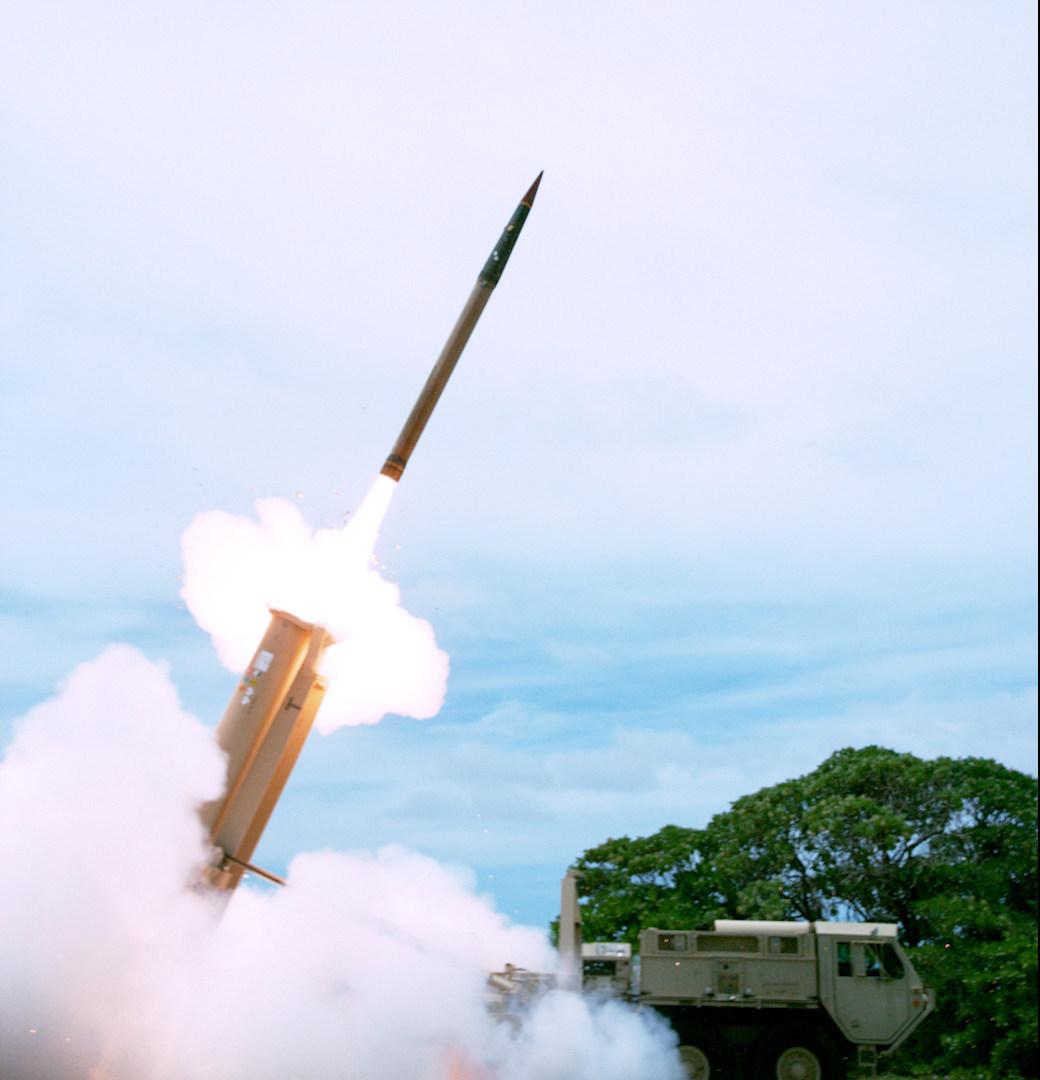
Australia’s failure to prioritise acquisition of surface-to-air systems for missile defence is alarming.
We need such equipment as part of our measures for facing one of our most demanding threats—China’s large inventory of conventional and nuclear long-range strike missiles.
Those Chinese weapons could hit airfields, other bases, ships and civilian infrastructure, debilitating our ability to fight.
Three main means of countering long-range strike weapons are available: passive measures such as hardening or dispersing their targets; intercepting the incoming missiles with surface-to-air or air-to-air systems; and knocking them out before launch. Australia is so far relying on the first and third of those and not moving fast enough on the middle one.
Last month’s National Defence Strategy and its associated acquisition plan, the Integrated Investment Program, appear to have cut funding for the surface-to-air systems, the engagement component of integrated air and missile defence (IAMD). While a joint air battle management system will be bought under the previously announced AIR 6500 Phase 1 program, the updated acquisition plan says addition of other active missile defence systems await future consideration ‘as technology matures’.
When, then, will Australia field systems for knocking down incoming strike missiles? That just isn’t clear.
Australia’s geography provides some protection, due to the range that strike missiles and possibly their launching aircraft or ships must cover. But Chinese CJ-20 air-launched cruise missiles can fly 1500-2000km after they’re dropped by H-6K bombers that themselves have a combat radius of 3200km. The bombers could fly from China’s Hainan island, which is 4100 km from Darwin.
Meanwhile, Chinese ballistic missiles carrying conventional warheads continue to improve and are approaching ranges threatening to Australia’s north from China, such as the DF-26 with its 4000km range.
As for countering long-range strike missiles, passive measures reduce the likelihood and impact of attacks without engaging the weapons or their launchers. Such measures typically include concealment, deception, dispersion and hardening of infrastructure and facilities. They can help the ADF to operate under attack more effectively and would reduce losses.
It’s also possible to attack launchers or missile inventories before launch to reduce or defeat the threat—using strike forces against strike forces. The National Defence Strategy and acquisition plan put high priority on improving the ADF’s capability to perform ‘impactful projection’, executing precision strike over long distances. This prioritisation, along with a deferral of IAMD investment, means that such offensive operations will need to serve as the ADF’s primary tool to defend against long-range strike missiles.
But finding and destroying mobile missile launchers has been incredibly challenging. Hunting for Scud ballistic missiles and their launchers was a high priority mission in the 1991 Gulf War, yet ‘mobile missiles proved particularly difficult to detect and were never fully suppressed,’ according to the US Air Force.
Things haven’t improved much since then. US officials said in January that two days of attacks against Houthi targets had left the militant group with about ‘three-quarters of its ability to fire missiles and drones at ships transiting the Red Sea.’
Both operations were conducted against adversaries with minimal or compromised air defences. But China has dense and powerful defences against air and missile attack—just the sort of IAMD system that Australia doesn’t possses. Degrading China’s strike missile force using Australian strike capabilities would be extraordinarily difficult.
There are other pitfalls in overreliance on offensive operations. One is that they can result in strategic instability: each side has the incentive to use its strike forces first to knock out the other side’s. That would apply particularly to Australia, since it seems not to be spending enough on defending its strike forces.
Another challenge is that the ranges of cruise missiles and conventional ballistic missiles keep rising. Their possible launch positions therefore become more numerous and more distant. If Australia intends to rely on offensive measures, its strategy implies having a capability and willingness to strike inside China. That would be highly escalatory.
That leaves us with the priority to acquire active defences, ground or air systems for shooting down incoming strike missiles with interceptors. After its performance in the Gulf War, the then current version of the US Patriot system was labelled ‘a nearly total failure’ against Scuds, but such systems have improved dramatically in recent years. Evidence is in the successful interception of more than 300 munitions from Iran by Israel and its allies and Ukraine’s use of ‘highly effective’ modern air defences to successfully defeat countless missile and drone attacks.
A strong strike-missile attack by a major power would severely challenge such surface-to-air systems, and it would be unreasonable to expect them to provide total protection. But what a layered defence could provide is an ability to blunt attacks that come with little or no warning time, including those that might be expected on the first day of a war. They would also buy time, giving offensive operations more opportunity to succeed.
In Ukraine, a lack of air defence missiles caused Kyiv’s largest power plant to be destroyed by Russian missiles. Without sufficient air and missile defences, Australia’s bases and critical infrastructure remain susceptible to missile strikes. Prioritising a more balanced spending plan, including active defences, would be a wise move in today’s missile age. They would help reduce the nation’s vulnerabilities, making coercion more challenging for any adversary.